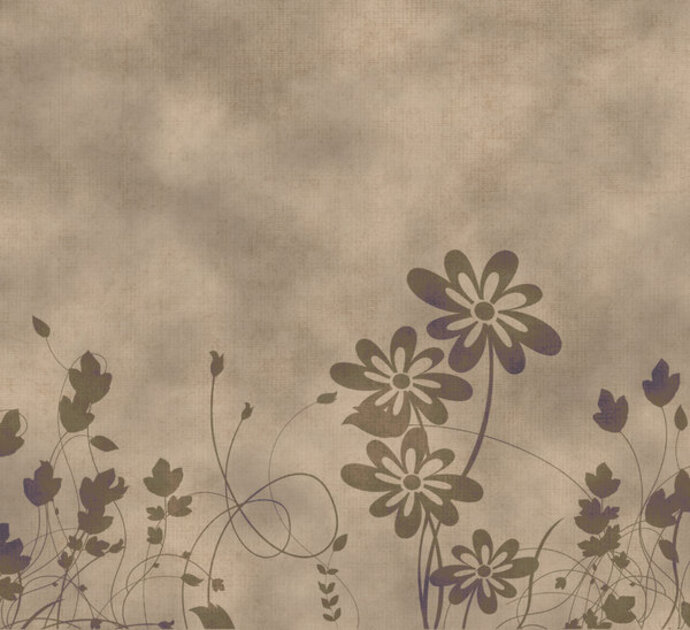
Our Gemara on Amud Aleph tells us that fever is both an agent of the Angel of death, i.e., extremely harmful, but at the same time also has health benefits. Ben Yehoyada notes that this aligns with our scientific knowledge in that the fever is the body’s way of fighting infection. The heat from the fever breaks down proteins and also viruses. Obviously, if the fever is too high it’s going to cook the person's internal organs, but at the right temperature in the right degree, it is helpful and healthful.
This can be said for any physiological or psychological mechanisms that have been endowed by our Creator for our survival. Instincts are like auto pilot, and in a broad way, can help guide and protect us. Yet, sometimes, in particular circumstances they work against us.
Fear, anxiety and even obsessive thoughts can be understood to be similar to a fever. They are a healthy instinct gone awry to the extreme. What is healthy about fear, anxiety, and even obsession? The organism must protect itself, and therefore it must have enough instincts to become aroused and edgy in the face of a perceived threat. Obsession is similar except it is a rumination about something from the past, or a recurring fear of something that is looming. The instincts do not apply intelligence anymore than the instrument panel on your dashboard represents sophisticated thought. They provide data and information but not intelligence.
Therefore, fears, anxieties and obsessions are an effort to control and ward off danger. The problem is, especially in the modern world, we are powerless to most of the things that activate our fears. In a more simple kind of life, if you were afraid about the winter you would plant more and work more to harvest and store up the food, as Yosef engineered for the Egyptians prior to the famine. Or if a hostile country was at your border, you reinforced your defenses or even made a preemptive strike. However, we can get a bill in the mail, a ticket, be afraid of a disease or the weather depending on how the media hype and stoke our fears, and often there is little we can do about it. Our fears and anxieties get activated in an effort to fight off an invisible enemy that cannot be fought most of the time in the modern world. This is why I believe we have more anxiety disorders than ever before. It is a misfire of the instincts where there is nothing to do - even though the body is activated and aroused.
To manage this, you can kind of hack the psychology of anxiety. If you can convince yourself that you’ve done everything that can done and there is nothing else to do, and practice radical acceptance, your system will quiet down because it will go into a separate instinctive mode known as “playing dead“. A biological organism faced with an overwhelming threat, where there is no point in running or hiding, will simply play dead. This is a wonderful instinct because the predator may not notice the animal and it also conserves energy and resources in case there is a right moment to make an escape. Similarly with anxieties, one must first ask oneself if everything that is realistic to be done was done, and if so, practice radical acceptance so your system will be able to quiet down.
The serenity prayer authored by the theologian Reinhard Niebuhr and used by many in 12 step programs is worth considering to help one find acceptance. This prayer has no Christian theological overtones and I think it is a fine prayer for Jews to say as well:
God, grant me the serenity to accept the things I cannot change, courage to change the things I can, and wisdom to know the difference.
For those who prefer to pray in L’shon Kodesh, you can try this version that I adapted:
„®„С„©„і„Ґ „Ч„†„†„Щ „Ю„†„Х„Ч„™ „Ф„†„§„© „Ь„І„С„Ь „Ю„Ф „©„Р„Щ „Р„§„©„® „Ь„©„†„Х„™, „Х„Р„Х„Ю„• „Ь„С „Ь„©„†„Х„™ „Ю„Ф „©„Р„§„©„® „Ь„©„†„Х„™, „Х„Ф„С„Щ„†„Ф „Ь„Ф„С„Ч„Щ„Я „С„Щ„†„Щ„Ф„Э.

 Previous
Previous
